
The World Bank has approved a $750 million facility for the Nigeria Distributed Access through Renewable Energy Scale-up (DARES) project.
The project, funded by the International Development Association (IDA), aims to leverage over $1 billion in private capital along with substantial parallel financing from various development partners.
The DARES initiative targets providing new or improved access to electricity for over 17.5 million Nigerians through distributed renewable energy solutions.
In a country where over 85 million people lacked electricity as of 2021, the project seeks to address this gap by scaling up private sector-led clean electricity provision.
Partners involved in the project include the Global Energy Alliance for People and Planet ($100 million), Japan International Cooperation Agency ($200 million), United States Agency for International Development (USAID), German Development Agency (GIZ), SEforAll, and the African Development Bank (AfDB).
READ ALSO: World Bank: Nigeria Among Developing Countries That Serviced Debt With $443.5bn in 2022
The bank stated, “To further address the access gap, DARES will build on the achievements of the World Bank-financed Nigeria Electrification Project (NEP), which has supported the establishment of 125 mini grids and the sale of over a million Solar Home Systems, through which more than 5.5 million Nigerians have gained access to electricity.
“NEP has also resulted in the creation of over 5,000 private-sector local green jobs in Nigeria.
“The DARES program will enable the Federal Government of Nigeria to coordinate and finance all off-grid electrification efforts and will help states access technical assistance to develop institutional capacity and policy frameworks for rooftop solar.
“The program will prioritize gender and inclusion by building on the NEP’s gender-related actions to facilitate access to electricity for disadvantaged female-headed households and women-led MSMEs, as well as, actions to increase the employment of women in the energy sector.
Shubham Chaudhuri, World Bank Country Director for Nigeria, expressed commitment to expanding clean energy-based access and revealed that his team was committed to providing many more Nigerians acces to electricity.
He disclosed, “We are committed to expanding clean energy-based access in Nigeria, with the USD $750 million Nigeria DARES project being the largest ever single distributed energy project of the World Bank globally.
“It will benefit over 17.5 million unserved, underserved, rural, and remote Nigerians through the deployment of standalone solar and mini grids and replace more than 280,000 polluting and expensive petrol and diesel generator sets, an important step for Nigeria towards achieving its energy transition targets.
“Through the DARES project, Nigeria will be able to provide up to 237,000 MSMEs with reliable and clean electricity for productive uses that will help improve their potential to generate income and create local jobs.”
Also speaking, the Minister of Power, Chief Adebayo Adebalu, highlighted the significance of innovative financial instruments like the DARES program in unlocking the full potential of the off-grid sector.
He said, “I am excited to contribute to this revolutionary movement, emphasizing innovative financial instruments like the DARES program. These initiatives not only unlock the full potential of the off-grid sector but also fuel investments, propelling forward clean energy solutions.
“The ripple effect reaches unserved and underserved communities, unlocking access to a realm of clean and equitable energy for all. It’s a powerful journey of empowerment and transformation.”
The DARES program aligns with Nigeria’s goals of closing the electricity access gap and accelerating its transition towards sustainable, efficient, and economically viable electricity supply.
The collaboration between the Government, private sector, and development partners demonstrates the potential for transformative impact through effective partnerships.
The International Development Association (IDA) serves as the World Bank’s fund for the poorest, offering loans with extended maturities ranging from 25 to 40 years, grace periods of 5 to 10 years, and interest rates of between 1.5% -2.8%, depending on whether the borrower is a blend country and to which degree it is eligible.



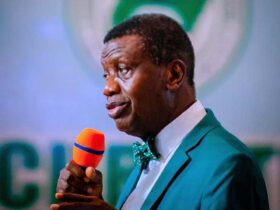
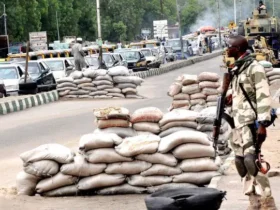
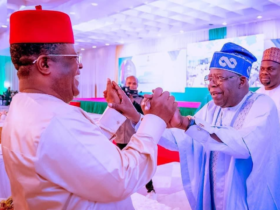
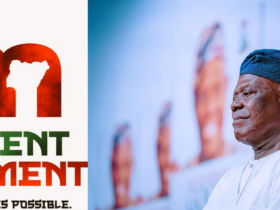
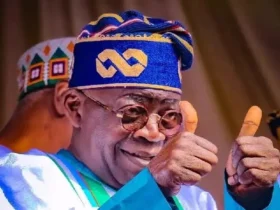
Leave a Reply